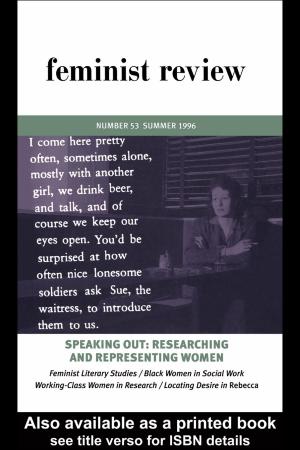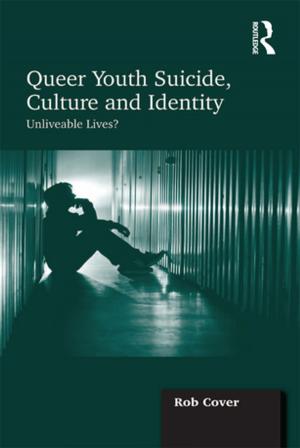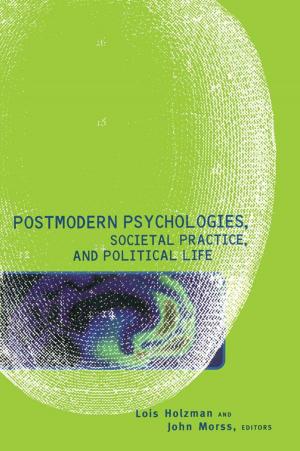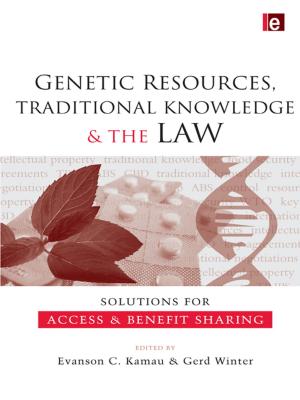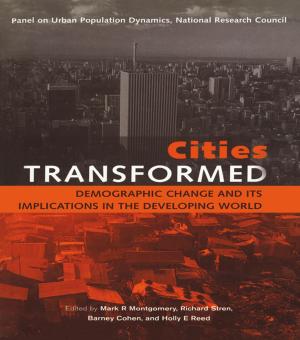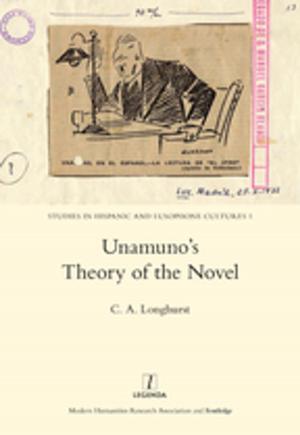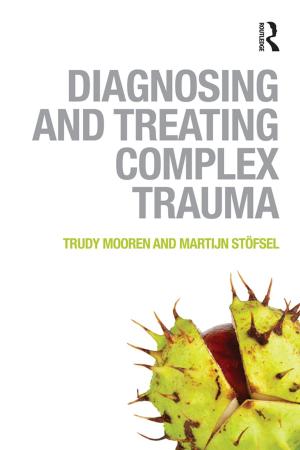Queering Families, Schooling Publics
Keywords
Nonfiction, Reference & Language, Education & Teaching, Educational Theory, Philosophy & Social Aspects| Author: | Anne M. Harris, Stacy Holman Jones, Sandra L. Faulkner, Eloise D. Brook | ISBN: | 9781134869282 |
| Publisher: | Taylor and Francis | Publication: | September 19, 2017 |
| Imprint: | Routledge | Language: | English |
| Author: | Anne M. Harris, Stacy Holman Jones, Sandra L. Faulkner, Eloise D. Brook |
| ISBN: | 9781134869282 |
| Publisher: | Taylor and Francis |
| Publication: | September 19, 2017 |
| Imprint: | Routledge |
| Language: | English |
At a time of increasingly diverse and dynamic debates on the intersections of contemporary LGBTQ rights, trans* visibility, same-sex families, and sexualities education, there is surprisingly little writing on what it means to queer notions of family and kinship networks in global context. Building on the recent wave of scholarship on queerness in families and how families intersect with schools, schooling and educational institutions more broadly, this book considers how we are taught to enact family at home, at school and through the media, and how this pedagogy has shifted and changed over time. Conceived as a collection of keywords that take up the vocabulary of queerness, queering practices, and queer families, the authors employ a nuanced intersectional approach to connect the damaging and persistent invisibility of their subject to the complex and dominant and normalizing discourses of marriage and family. Offering post-structural, post-humanist, and new materialist perspectives on kinship and the family, this book moves the conversation forward by critically interrogating and expanding upon current knowledges about gender diversity, queer kinship, and pedagogy.
At a time of increasingly diverse and dynamic debates on the intersections of contemporary LGBTQ rights, trans* visibility, same-sex families, and sexualities education, there is surprisingly little writing on what it means to queer notions of family and kinship networks in global context. Building on the recent wave of scholarship on queerness in families and how families intersect with schools, schooling and educational institutions more broadly, this book considers how we are taught to enact family at home, at school and through the media, and how this pedagogy has shifted and changed over time. Conceived as a collection of keywords that take up the vocabulary of queerness, queering practices, and queer families, the authors employ a nuanced intersectional approach to connect the damaging and persistent invisibility of their subject to the complex and dominant and normalizing discourses of marriage and family. Offering post-structural, post-humanist, and new materialist perspectives on kinship and the family, this book moves the conversation forward by critically interrogating and expanding upon current knowledges about gender diversity, queer kinship, and pedagogy.


